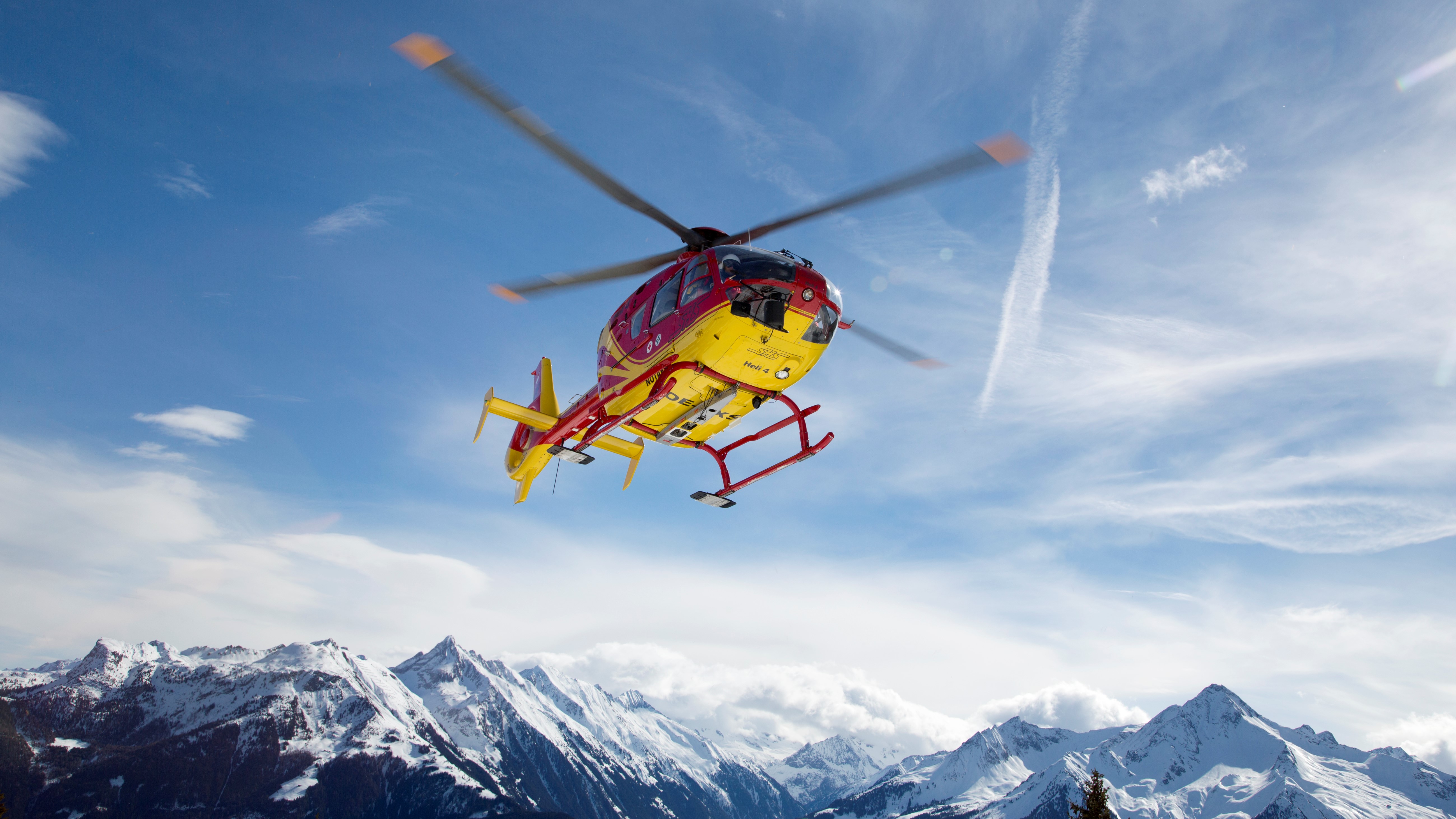
A solo hiker attempting to watch the sunrise from a popular New Hampshire hiking spot called mountain rescue reporting that "his limbs were frozen" and he was unable to continue. The incident prompted a seven-hour response from multiple units.
New Hampshire Fish and Game reports that it received the call from a hiker in distress at 8:15 a.m. on Thursday, December 19. The hiker, 28-year-old Patrick Bittman of Portland, Maine, had set off to hike Mount Lafayette the previous evening. Near the summit of Little Haystack, he encountered "deep blowing snow" and decided to retreat. However, he could not find the trail due to snow and ended up in the Dry Brook drainage, about 1,000 feet off the trail at 4,300 feet in elevation.
Temperatures on Franconia Notch were in the 20s with 30 mph winds blowing making rescue efforts challenging. Teams set off on foot at 10 a.m. and though an Army National Guard helicopter embarked some 45 minutes later, it was unable to land near the hiker due to poor visibility and ended up waiting at Cannon Mountain Ski Area.
Ground crews reached Bittman at 1 p.m. after bushwacking through deep vegetation and snow.
"At this point he was extremely hypothermic. He was placed in a Bothy Bag for shelter and given warm, dry clothing and warm fluids," says NHFG.
At 3 p.m., a brief weather window allowed the helicopter to return and transport the hiker to Littleton Regional Healthcare for treatment.
This incident comes less than a month after an avid and well-equipped hiker died in an icy fall in the White Mountains.
"Winter conditions have arrived in the White Mountains, and hikers are encouraged to be prepared for their trek to include packing the ten essential items," warns NHFG.
That includes always packing the following:
- Map and compass
- Extra warm clothing including base layers, a waterproof jacket and rain pants
- Extra food and water
- Headlamp
- Firestarter
- First aid kit
- Hiking whistle
- Camping knife
It's also a good idea to bring an emergency shelter. Learn more in our article on the hiking essentials.
Though this hiker was able to use his cellphone to call for help, cell service isn't always available in remote areas. In the backcountry, we recommend ensuring your phone has the SOS function (and bringing a portable charger) or investing in a Garmin InReach device.







